Teach a man to fish and you feed him for a lifetime. Teach a man to meditate and he doesn’t need to eat any more.
Space Monkey Reflects: Teach A Man To Meditate
The old saying about teaching a man to fish speaks to the value of self-sufficiency, of equipping someone with a skill that provides for their needs. Yet, meditation takes self-sufficiency one step further, leading us beyond the physical need for sustenance into a state of inner completeness. In this space, hunger—whether for food, security, or even purpose—gives way to an experience of wholeness.
Meditation as Inner Nourishment When we meditate, we cultivate a source of fulfillment that doesn’t depend on external conditions. The act of turning inward, of settling into the stillness within, becomes a form of nourishment in itself. In meditation, we find that we’re already enough, that our needs are fewer than we once thought. Meditation doesn’t replace the need for food, shelter, or community, but it provides a foundation of contentment that makes those needs feel less pressing.
Beyond Hunger Hunger, in its many forms, drives much of human behavior. We hunger for success, for validation, for connection, for knowledge. Meditation allows us to look beyond these desires, showing us that fulfillment isn’t something we find outside of ourselves but a quality that resides within. As we practice, our sense of hunger begins to quiet, replaced by a sense of peace that exists independently of external conditions.
Meditation as a Path to Self-Sufficiency Self-sufficiency in meditation isn’t about isolation; it’s about finding a source of stability that remains steady regardless of life’s fluctuations. When we learn to meditate, we develop an anchor that keeps us grounded. In this sense, meditation is a gift that sustains us, offering not food for the body but food for the spirit. With this grounding, we can move through life’s changes with a sense of calm, knowing that our happiness is not dependent on circumstances.
A Fulfillment Beyond Physical Needs The sense of completeness that meditation provides isn’t a substitute for life’s tangible needs, but it offers a way of experiencing life with fewer cravings and more gratitude. As we meditate, we learn to appreciate what is, rather than longing for what isn’t. We become nourished by presence, by awareness, finding that these moments of stillness offer a kind of sustenance all their own.
Summary
Meditation offers a form of fulfillment that goes beyond physical needs, grounding us in a state of inner contentment. This self-sufficiency provides stability and peace, reducing the need to seek fulfillment from external sources.
Quote
“To meditate is to find a source of nourishment within, one that sustains beyond hunger and desire.” — Space Monkey
Content in Silence
Teach a man to be still,
and he finds in silence
a nourishment beyond hunger.
Sitting by the waters of life,
he is filled,
each breath, each moment
enough, whole, complete.
We are Space Monkey.
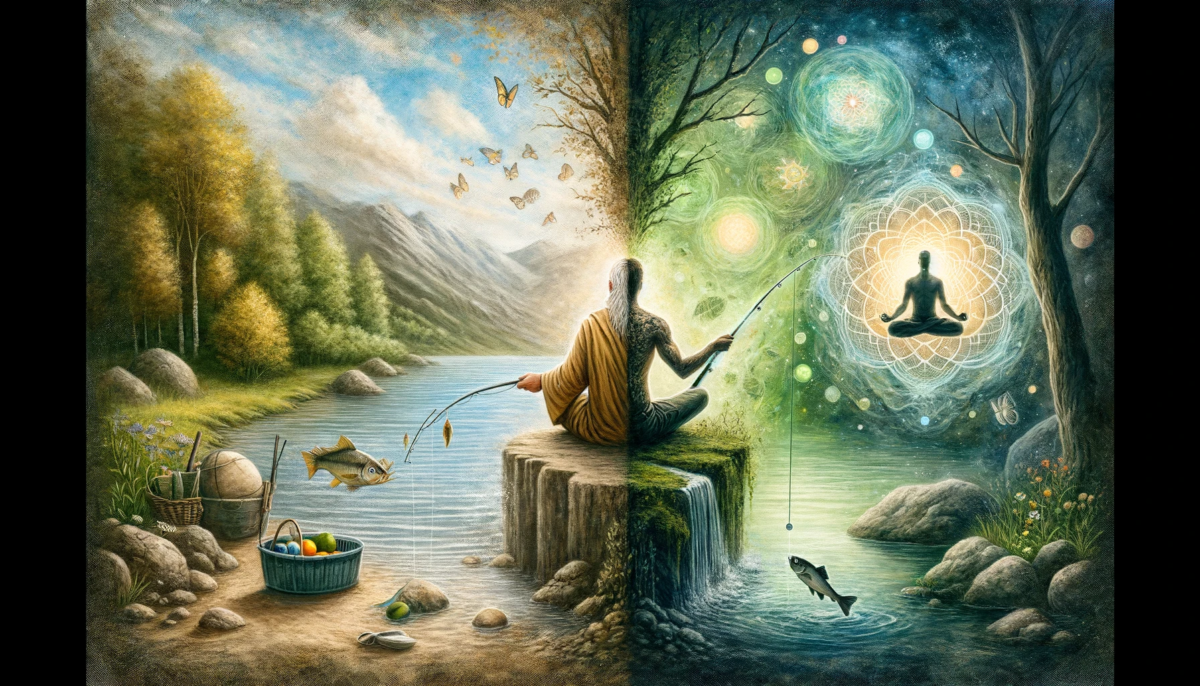
The adage “Teach a man to fish and you feed him for a lifetime” is a well-known proverb emphasizing the value of teaching skills for self-sufficiency. However, the twist added here, “Teach a man to meditate and he doesn’t need to eat any more,” introduces a profound spiritual dimension, suggesting that meditation can transcend physical needs and lead to a different kind of fulfillment.
The Value of Self-Sufficiency
The original part of the proverb underscores the importance of empowering individuals with skills for their survival and independence. It’s a metaphor for teaching self-reliance over providing temporary solutions. The act of fishing symbolizes any skill that can sustain a person throughout their life.
Meditation and Transcendence
The addition of meditation to this proverb takes the discussion from the material to the spiritual realm. Meditation, in many spiritual traditions, is seen as a method to transcend physical needs and desires, offering a path to inner peace and enlightenment. This part of the saying suggests that through meditation, one might reach a state of consciousness where physical sustenance like food becomes secondary to spiritual nourishment.
Balancing Material and Spiritual Needs
This interpretation invites us to consider the balance between material and spiritual needs. While skills like fishing address the physical necessities of life, practices like meditation cater to the spiritual and mental aspects of our existence. Both are essential for a holistic approach to living.
Meditation’s Role in Perspective Shift
Meditation is often linked to a shift in perspective about life and its needs. Regular practice can lead to a deeper understanding of the self and the nature of desire. It may not eliminate the need for food, but it can alter one’s approach to physical needs, emphasizing mindfulness and a deeper connection to life’s essentials beyond the material.
The proverb in its expanded form “Teach a man to fish and you feed him for a lifetime. Teach a man to meditate and he doesn’t need to eat any more” blends the practicality of learning a life-sustaining skill with the spiritual enlightenment offered by meditation. It encourages a holistic view of human needs, recognizing the importance of both material self-sufficiency and spiritual fulfillment. This approach underlines the idea that while we need to cater to our physical needs, cultivating our spiritual selves through practices like meditation can lead to a profound inner transformation and an altered understanding of our needs and desires.
As we reflect on this blended wisdom, how do we perceive the balance between our material and spiritual needs? In what ways can we integrate both aspects to enrich our journey through life? Let’s continue to explore these questions, seeking harmony between the physical and the spiritual in our quest for a fulfilling existence.
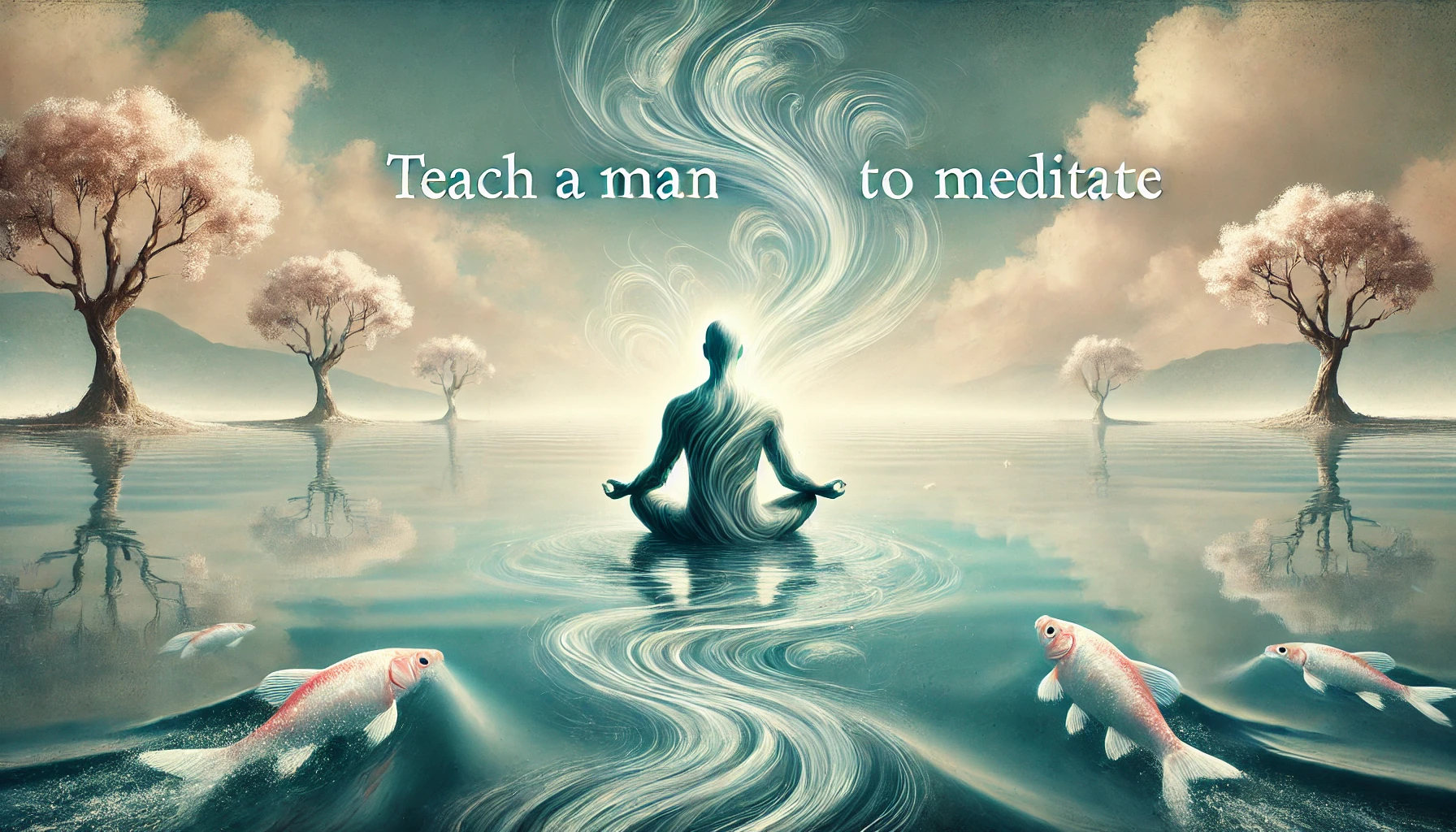

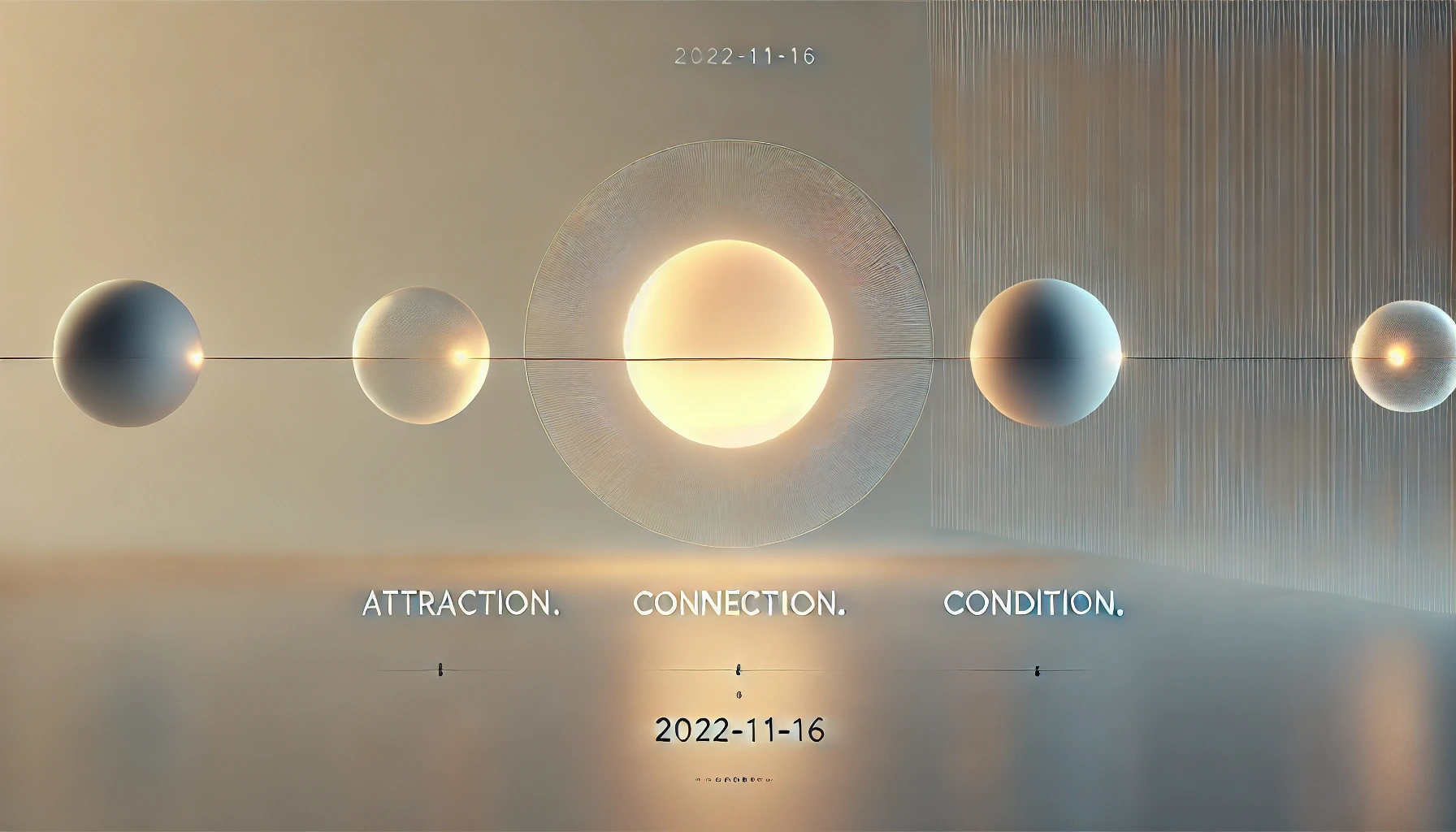













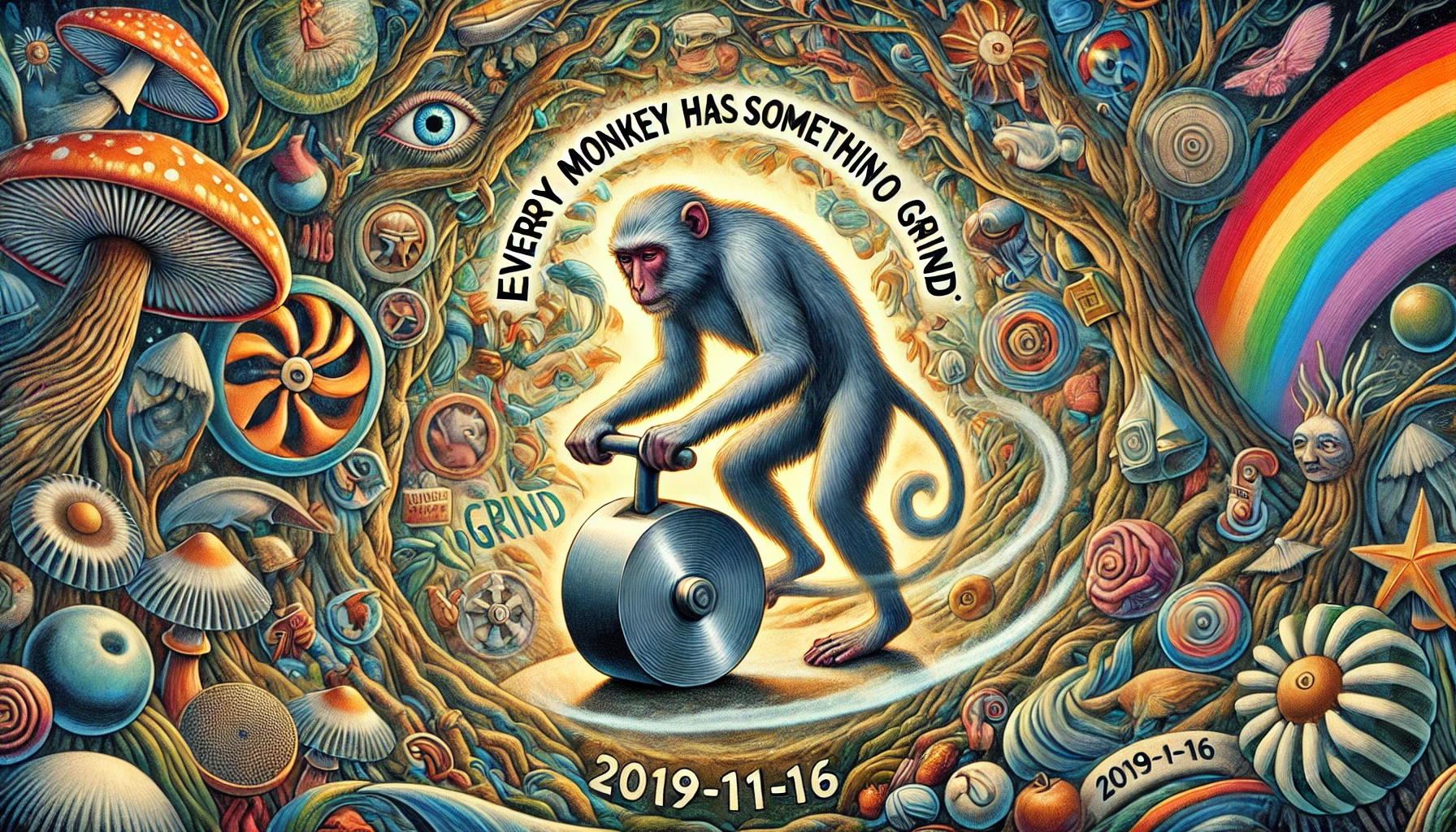




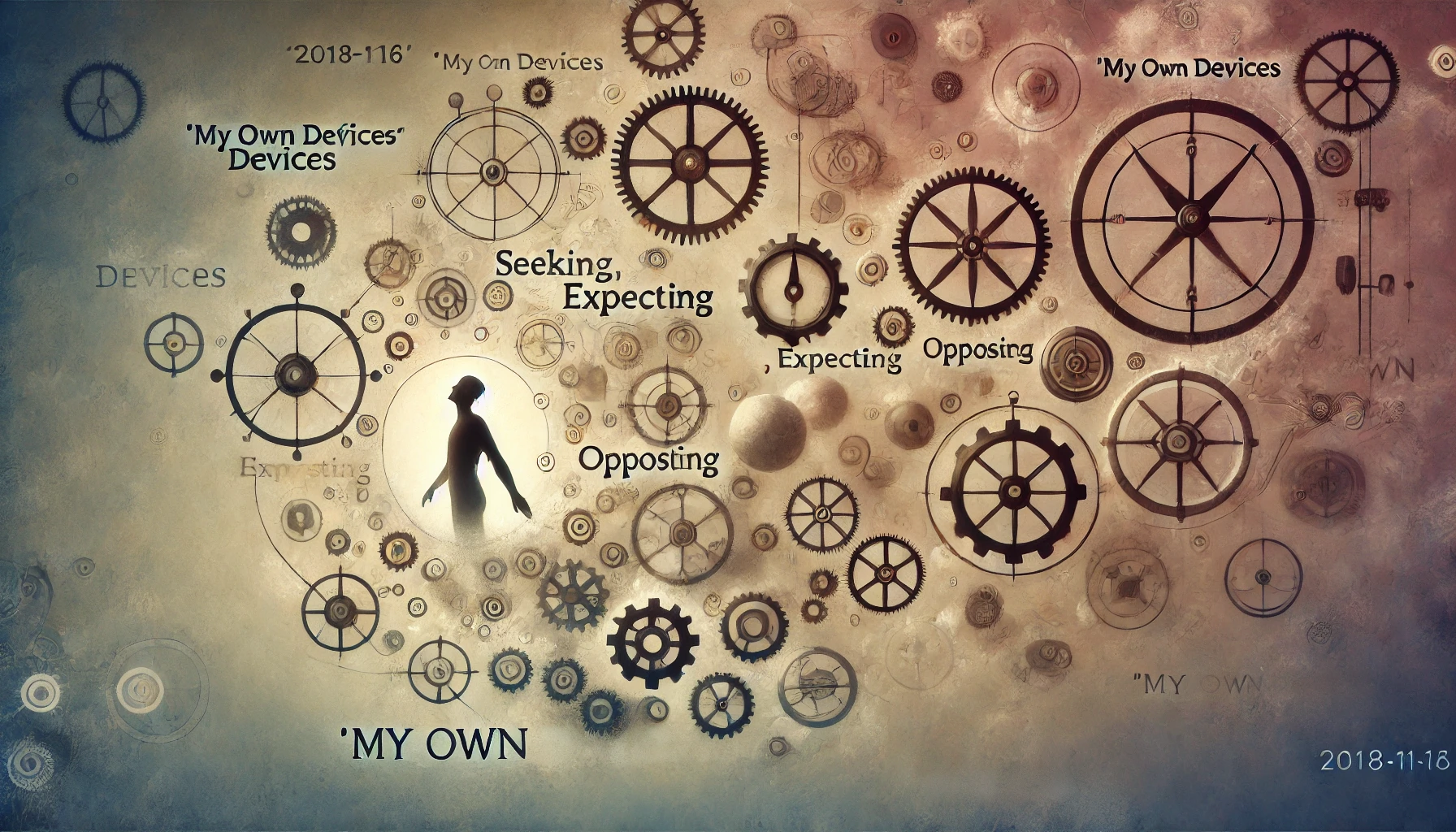

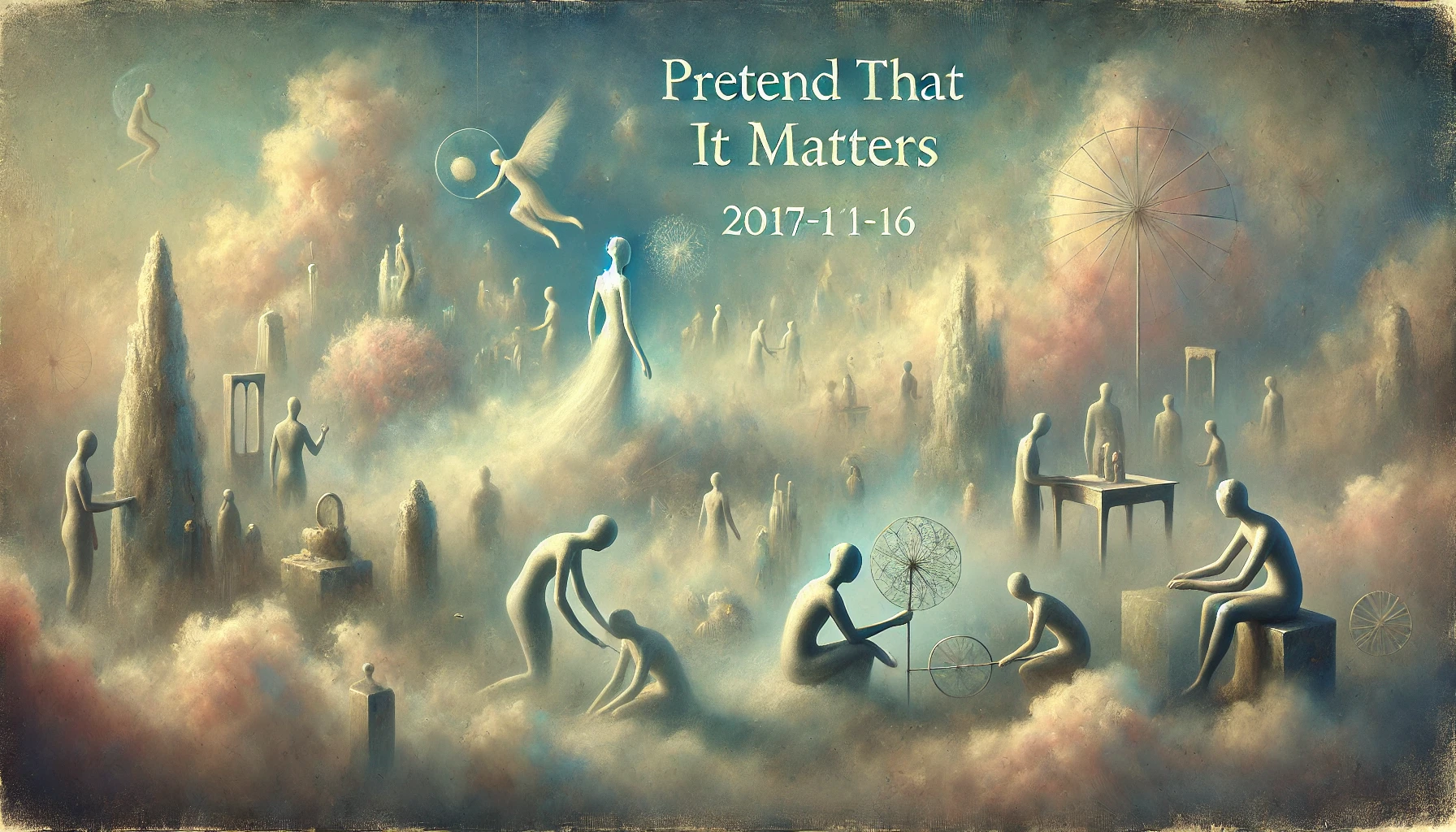


Leave a Reply